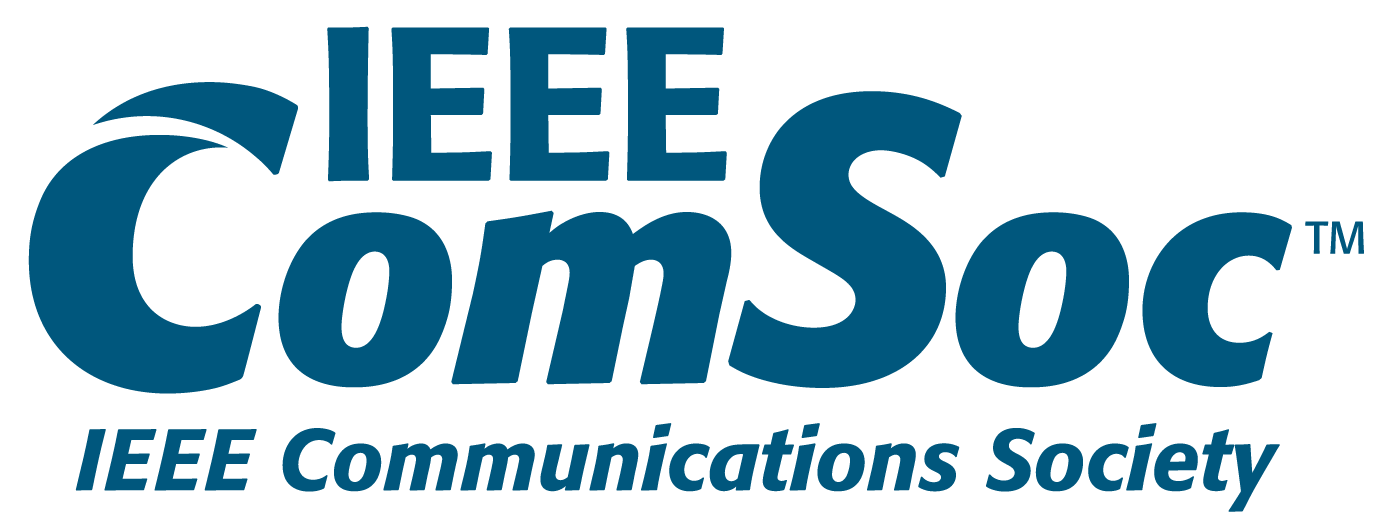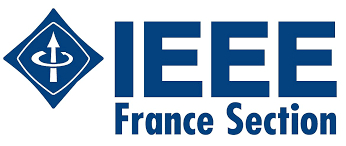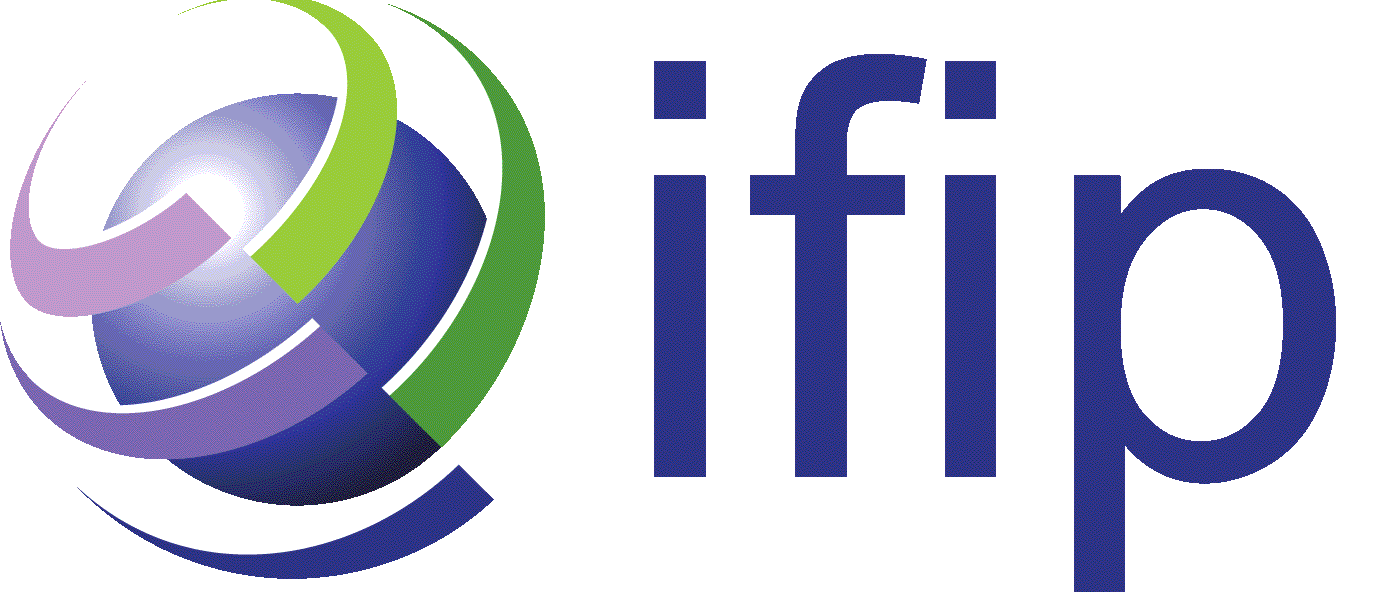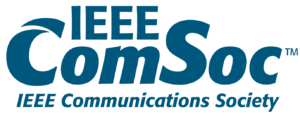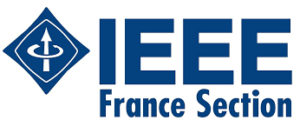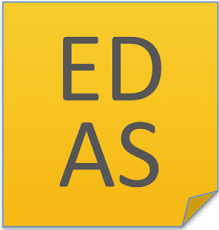6th International Workshop on Cybercrime Investigation and Digital forensics (CID2025)
After the success of its previous editions, the 2025 IFIP International Conference on New Technologies, Mobility and Security (NTMS) is organizing the 6th IFIP NTMS International Workshop on Cybercrime Investigation and Digital forensics (CID2025). The purpose of the workshop is to explore the challenges faced by academicians, practitioners, and non-technical professionals in the field cybercrime investigation and digital forensics. More explicitly, this workshop will provide a forum for people from law enforcement, judiciary and industry to share their knowledge on the problems and challenges and look for possible solution to meet their needs. This will promote collaboration between industry, academia and R&D and will help the collaborating partners to benefit from one another’s resources and expertise in the domain.
Scope
In today’s digital age, online crimes like identity theft, phishing, and social engineering are on the rise, making digital forensics more crucial than ever. This field deals with collecting, analyzing, and presenting digital evidence in courtrooms, playing a key role in bringing cybercriminals to justice. But as technology evolves at a breakneck pace, the work of digital forensics becomes increasingly complex. The emergence of ubiquitous computing, the growth of cloud computing, and the widespread use of various smart devices add layers of challenges. Moreover, the vast amount of digital data available—from network logs and chat records to emails and social media posts—provides rich sources of evidence but also demands quick and precise analysis to meet strict legal standards.
Digital forensics is vital for detecting fraud, securing nations, investigating financial scams, and uncovering discrepancies in business transactions. Advances in computing power, storage, machine learning, and data analytics have significantly enhanced the capabilities of digital forensic tools. Alongside these technological advances, updating existing laws and creating new ones are crucial to address the evolving landscape of online criminal activities comprehensively.
This workshop offers a chance to dive deep into these complex issues, providing insights into the newest tools, techniques, and legal considerations shaping the future of digital forensics. It’s an opportunity for attendees to see how cutting-edge technology and evolving legal frameworks come together to protect us in an increasingly digital world.
We invite contributions on a broad spectrum of digital forensics topics, which include but are not limited to:
- AI-powered forensic methodologies and practices
- Metaverse forensic
- Cryptocurrency forensics
- Machine learning for digital forensics
- Explainable AI for digital forensics
- Current challenges and innovations in digital forensics
- The role of Big Data in digital investigations
- Techniques for analyzing networks, logs, and memory
- Forensics of flash storage and physical devices
- Developments in forensic software and hardware tools
- Exploring anonymity and authorship in digital forensics
- Specialized forensic approaches for small-scale digital devices, including smart toys and gaming consoles
- Messaging application forensics
- Strategies to counteract anti-forensic methods and steganography
- Navigating cloud forensics amidst technical, jurisdictional, and legal challenges
- Integrating digital forensics with cybercrime laws
- Forensic considerations in IoT and drone technologies
- Forensics investigation methods for social and financial crimes
- Supporting homeland security through digital forensics
- Challenges in forensic analysis across various operating systems and file systems
- Understanding digital crimes under international laws
- The intersection of socio-linguistics with criminology
- Techniques in email forensics
- Digital crime scene investigations
- Evaluating and testing digital forensic tools
This workshop is designed as a collaborative space for researchers, practitioners, and policymakers to exchange ideas and explore the latest advancements in digital forensics. Join us to contribute to the discussion and learn how these insights can help secure our digital future.
Submission:
Authors are invited to submit papers in PDF Format on the EDAS web site at: https://edas.info/N33645
Submissions should be original and limited to 7 double-column pages, and should follow IEEE paper templates. All accepted papers will be published and distributed with the official conference proceedings.
Submitted papers must be printable in order to be accepted and it must include the following information:
- Title of the paper;
- Authors’ names and affiliations;
- Contact author’s name and address (both postal and electronic);
- A short abstract;
- A list of keywords;
- A clear description of the motivation, design briefing, key R&D results, and lessons learned;
Please note that all the content must be strictly educational and marketing oriented papers will not be accepted. The selection will be done by members of the technical and industrial program committees.
All accepted and presented papers will be submitted for publication in IEEE Xplore digital Libreary.
Important dates:
- Paper Submission Due:
March 16, 2025March 30, 2025 - Notification of Acceptance: April 15, 2025
- Camera-Ready Papers due:
April 25, 2025June 1, 2025 - Conference Date: June 18 – 20, 2025
Workshop Chair
Prof. Farkhund Iqbal, College of Technological Innovation, Zayed University, United Arab Emirates
TPC Chairs
- Dr. Áine MacDermott, Senior Lecturer, School of Computer Science and Mathematics, Liverpool John Moores University, UK
- Patrick Hung, Professor, Information Security, Faculty of Business and Information Technology, Canada
TPC member
- Jigang Liu, Metropolitan State University, Minnesota, USA
- Diane Barrett, Bloomsburg University of Pennsylvania
- Yan Bai, University of Washington Tacoma
- Babar Shah, Zayed University, United Arab Emirates
- Noman Mohammed, University of Manitoba
- Huwida Said, Zayed University, United Arab Emirates
- Thar B. Shamsa, Liverpool John Moores University, UK
- Elias Bou-Harb is currently an Assistant Professor at the department of Computer Science at Florida Atlantic University (FAU).
- Felix Freiling, Professor, computer science at Friedrich-Alexander-Universität Erlangen-Nürnberg (FAU), Germany.
- Omar Alfandi, Zayed University, Dubai, United Arab Emirates
- Andrew Marrington, Zayed University, Dubai, United Arab Emirates
- Richard Ikuesan, Zayed University, Dubai, United Arab Emirates
Registration
| Authors Registration by May 26, 2025 | ||
|---|---|---|
| Author Member | 450,00 € | |
| Author Non Member | 500,00 € | |
| Early Registration by June 1, 2025 | Late Registration | |
| Participants Member | 400,00 € | 500,00 € |
| Participants Non Member | 450,00 € | 550,00 € |
| Student Member | 280,00 € | |
| Student Non Member | 330,00 € | |
| Extra Conference Dinner | 120,00 € | |
- Every accepted paper at CID 2025 must have an associated registration at the CID Author rate.
- For each paper at least one co-author must be registered as author (CID Author rate) and presented in person by one of co-author to secure the paper’s publication in Conference proceedings and IEEE eXplore.
- The registration of a single co-author as author (Author rate) will secure the publication of up to two papers from the same co-author.
- All papers have to be presented in person by their co-authors. CID 2025 reserves the right to exclude a paper from publication after the conference, if the paper presentation condition is not met.
- CID Author and non-student registrations allow access to the workshop day only (June 18th, 2025), including conference proceedings, lunche, coffee breaks and welcome receptionbut no conference dinner
- Member rate is available to IEEE and IFIP members
- Non Member rate is for regular participants
- Student registration includes access to CID Workshop 2025, including conference proceeding, lunches, coffee breaks, but no welcome reception, no conference dinner
- All the Registration Fees (rates) given in the tables are in Euros, VAT (20%) included.
For any assistance, please contact us at: ntms2025@dnac.org


